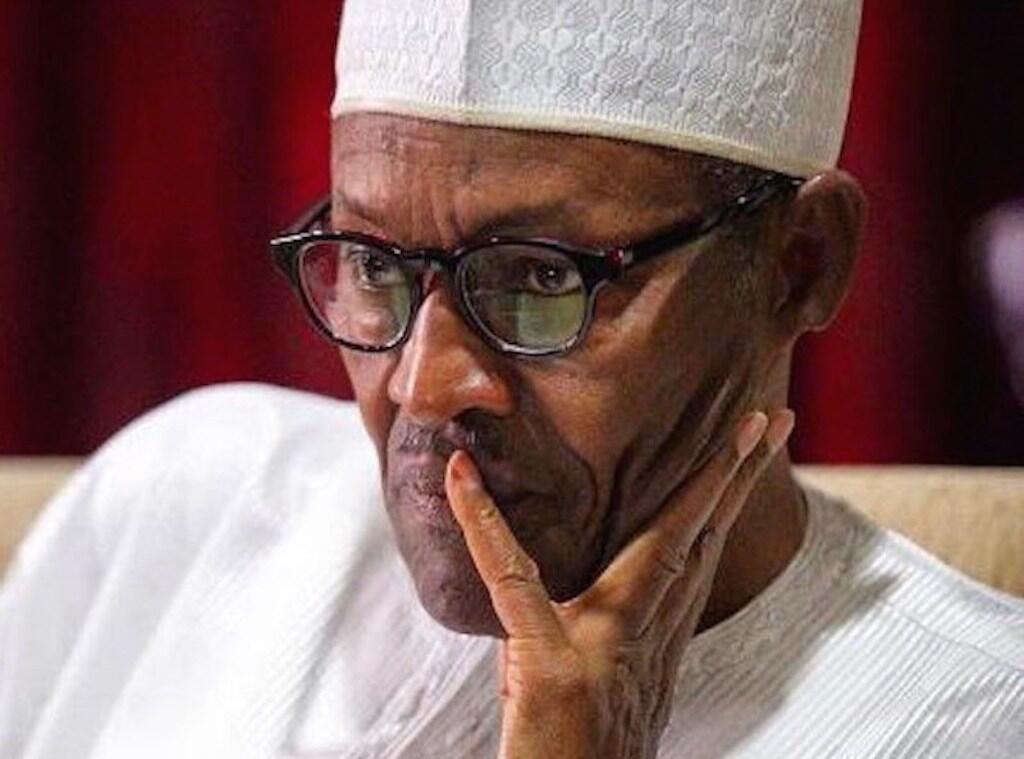Ayittey Benchmark: Performance of Presidents. How else do you measure it? There are many able Nigerian analysts, commentators, pundits, academics and journalists who have rightfully earned a say in the Nigerian political arena. Most are insincere. Some swing. But a few are truthful in their evaluations of the state of…
Category: Governance

“Blame or Claim” Governance: Buhari’s Only Hope
“Blame or Claim” Governance: Buhari’s Only Hope There is an insightful article for those interested in governance by Taiwo Makinde titled Problems of Policy Implementation in Developing Nations: The Nigerian Experience. In the paper, the Makinde explains quite persuasively why policy implementation in Nigeria routinely fails with successive governments. He implicates, among…

Gowon & Babangida: Nigeria’s Drug Culture 2
Gowon & Babangida: Nigeria’s Drug Culture 2 I reject the claim the article titled Gowon and Babangida Created Nigeria’s Drug Culture, which I wrote is guilty of appropriating unnecessary blame to Gowon and Babangida as wrongful. And misleading readers about creating the drug culture in Nigeria. In the first paragraph, I clarified…

Gowon and Babangida: Nigeria’s Drug Culture
Gowon and Babangida Created Nigeria’s Drug Culture Access to drugs policies have been most responsible for either a rise or decline in the demography of drug addicts in Nigeria. A controversial thing the Obasanjo military government did in 1976/77 was to ban several goods, including controlled substances, into Nigeria. This…

The Portrait of a Nigerian Druggie Youth
The Portrait of a Nigerian Druggie Youth Inspect the photograph. In the photograph, you can see the portrait of a young teenager in a blue T-shirt (the Boy in blue) attempting to light up a reefer. His peers surround him, eager for him to do it because if he does,…

Sapele’s Youth Drug Addiction Epidemic
Sapele’s Youth Drug Addiction Epidemic: It is alarming. One must wonder what happened to a once genial and hope-filled town called Sapele. It was a youth’s town and youngsters had much promise and bright futures. Well… According to a competent and concerned eyewitness Ejorheya Brighoademo, a governance professional and works…

Buhari Should Sell Nigerian Youths As Slaves
Buhari Should Sell Nigerian Youths As Slaves President Buhari, like many past Nigerian heads of state, is living proof of why slavery flourished along the coast of West Africa a few centuries ago. The Europeans, Americans and others nurture, support and encourage their youth. That is they could build the…

Did Wole Soyinka Blame the Nigerian Youth?
Did Wole Soyinka Blame the Nigerian Youth? Recently, Wole Soyinka, wrote a speech or article titled “Where Did We Go Wrong?” It mentions a list of the very youthful ages of the Nigerian leaders and pioneers in the immediate post-colonial era. The wordings then adores the colonial youth of as…

Nigeria Lies: Recovering Loot
Nigeria Lies: Recovering Loot It is very brazen political lying to equate the refund of stolen funds to the state with political success or successful anti-corruption. Effective correction, detection and prevention are the all-round benchmarks of successful anti-corruption for any given democracy. Only proper correction can make precise detection worthwhile,…

Nigeria Decivilising
Nigeria Decivilising The complete metamorphosis of the butterfly is a thoroughly adequate analogy for civilisation: the gradual progression from egg to slug to pupa to imago [the beautiful butterfly]. In the Nigerian context, it starts with the colonised state to the inexperienced independent nation-state to transitional nation-state to strong state….

